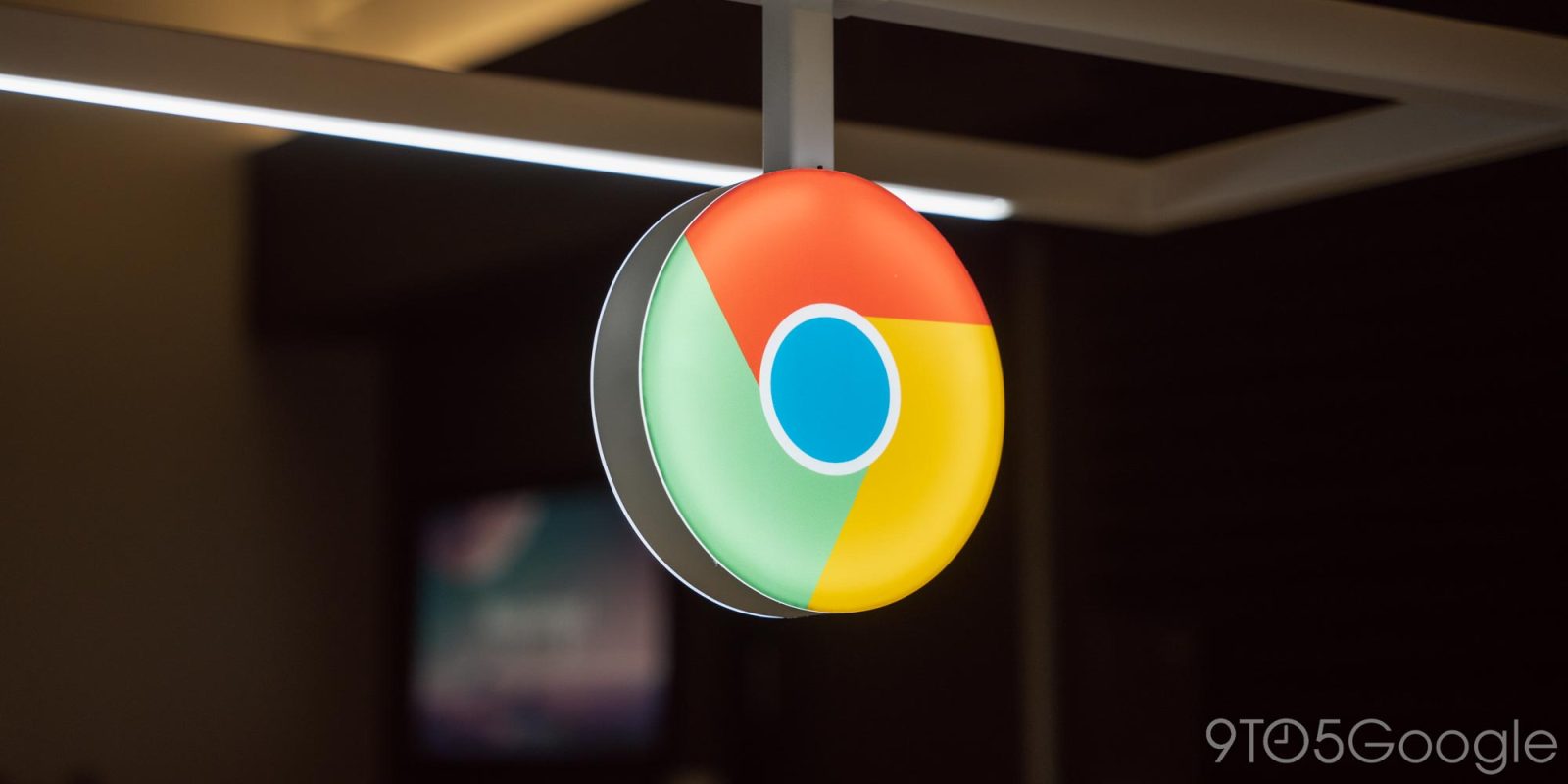
Google Chrome has made a policy update today that restricts how browser extensions can interact with affiliate codes, effectively banning the behavior of the controversial PayPal Honey extension.
On the Chrome for Developers website, Google has made an update today which changes how extensions are able to interact with affiliate codes within the browser. Specifically, Google says (via Artem Russakovskii) that extensions cannot add “affiliate links, codes, or cookies” without “direct and transparent user benefit.”
Google explains:
Affiliate links, codes, or cookies must only be included when the extension provides a direct and transparent user benefit related to the extension’s core functionality. It is not permitted to inject affiliate links without related user action and without providing a tangible benefit to users. Some common violations include:
This directly targets the behavior of PayPal’s Honey extension, which was exposed last year for hijacking affiliate codes if users interacted with the extension in any form whatsoever. Honey uses affiliate codes to subsidize its service of collecting coupon codes (which it was also exposed for not doing as promised), but the extension was caught inserting its affiliate code – and preventing others from working – even if the user didn’t apply a code from Honey. Even if users simply clicked on a button to close Honey, the extension was caught inserting its affiliate at that time.
window.adSlotsConfig = window.adSlotsConfig || [];
adSlotsConfig.push( {
slotID: ‘/1049447/Outbrain’,
slotName: ‘div-gpt-ad-outbrain-ad-664887’,
sizes: [300, 250],
slotPosition: ‘mid_article’
} );
Google’s new policy directly bans this practice.
The policy update goes on to explain that extensions that inject affiliates must do so following “related user action,” again effectively targeting Honey’s practices.
Related user action is required before the inclusion of each affiliate code, link, or cookie. Some example violations include:
Extensions are also required to disclose the use of affiliate programs in their Chrome Web Store listing. Many extensions like Honey have used affiliates behind the scenes for years, but didn’t directly disclose that behavior. That led to backlash that partially overshadowed Honey’s main problems, such as taking over codes without any actual referral as mentioned, as well as working with businesses to limit the number of coupon codes shown through the extension.
Honey is still available in the Chrome Web Store as of today and has over 17,000,000 users, down from 18,000,000 earlier this year. When a YouTube video first exposed the extensions tactics, Honey lost around 3,000,000 users.
More on Chrome:
Follow Ben: Twitter/X, Threads, Bluesky, and Instagram
FTC: We use income earning auto affiliate links. More.
<hr>
<p><strong>🚨 Disclaimer(Because Lawyers Exist):</strong> This article was scraped, gathered, and possibly abducted from <a href=”[source_url]” target=”_blank”>[source_url]</a>.
Any hot takes, controversial opinions, or mind-blowing insights belong to them, not us.
So if you disagree, kindly direct your complaints to the source—or scream into the void, whichever works.</p>
<p><strong>🤖 AI Shenanigans:</strong> Some parts of this article were optimized, polished, and possibly rewritten by **our AI overlord** to make it more readable, engaging, and SEO-friendly.
So, if it sounds smarter than usual, thank the machine. If it sounds weird… well, also blame the machine.</p>
<p><strong>💸 Affiliate Hustle:</strong> This post may contain affiliate links (Amazon, BestBuy, or some other capitalist empires).
If you buy something through these links, we might make a few bucks—at no extra cost to you!
Consider it a **”digital high-five”** for bringing you this awesome content. <a href=”https://your-affiliate-link.com”>Check out our recommended deals here.</a></p>
<p>🔥 Stay informed, stay entertained, and don’t sue us. Haxx! 🎉</p>
